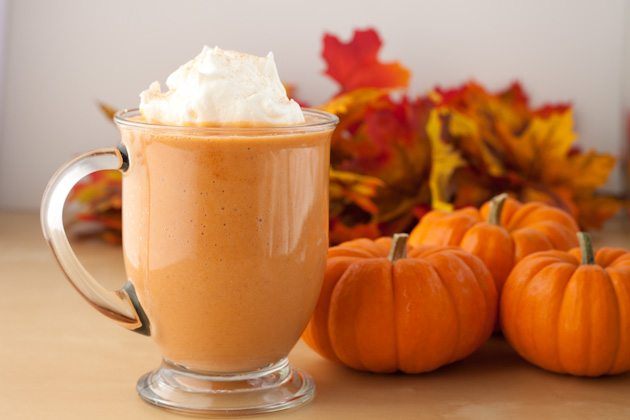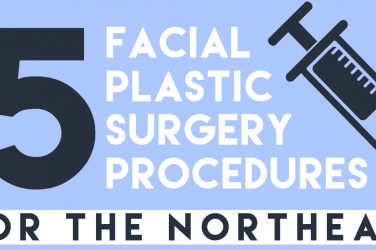You don’t have to be vegan to acknowledge that non-vegan products typically contain animal bi-products and are tested on animals like chimps in ways an animal shouldn’t have to experience. There’s a big trend, following, and backing behind vegan products that have propelled them into the limelight in recent years.
Brands like Lush, E.L.F, and KVD Vegan Beauty spearhead the vegan cosmetics movement, but how do they create the products, and why is it so important to have these products on the market? Let’s explore.
What Makes A Vegan Cosmetics Product Vegan?
Despite there being so many big cosmetic brands that are either fully vegan or sell vegan products, there is still a huge portion of people who air on the side of caution because they believe vegan products aren’t as good. As a general rule of thumb, vegan products won’t include animal bi-products such as:
- Honey
- Collagen
- Beeswax
- Albumen
- Gelatin
- Cholesterol
The list could go on. That does pose particular challenges for brands who have relied on products like honey and collagen to form trendy ad campaigns. However, many leading brands use new means to achieve results: using a ubbelohde viscometer to get the right consistency, replicating scents through solvent extraction, for instance.
Anyone seeking cosmetic products that are the full vegan package should look for specifically vegan products. There’s a big difference between cruelty-free – meaning they aren’t tested on animals – and vegan. Cruelty-free products can still contain animal bi-products.
Why They’re So Important For The Market
Vegan cosmetics are essential for the world we live in today. Vegan products were – and can still be considered – a niche market within the cosmetic industry, but it’s growing by the minute. Around 6% of Americans follow a vegan diet, and thus, the market has to bend to the trend to create an inclusive market – and that’s just what the cosmetic industry has done.
Even if brands aren’t exclusively vegan, many will have a small vegan selection of products, and many others will advocate being cruelty-free. The only current issue is that vegan products are typically more expensive because the manufacturing process is slightly longer, and the ingredients are a tad more expensive.
Will Big Brands Like MAC Go Vegan?
Brands like MAC, Charlotte Tilbury, Fenty Beauty, and Nars advocate cruelty-free products, but they’re not exclusively vegan. And, it’s unlikely they would change to being so. They’ve built their following around the products and the results they deliver, and vegan products can’t yet match normal cosmetic products.
What might happen, however, is big brands may start to introduce a vegan category – as many brands have already begun doing – to be more inclusive of people who want to use their products but feel like they can’t. There’s still a relatively large gap in the market for big brands to start introducing a vegan cosmetics range.
Vegan cosmetics are the future. Vegan products have pushed the boundaries of the cosmetic industry and opened the door to a conversation about vegan and cruelty-free products. As more brands jump on board, this is likely only the beginning of vegan cosmetics.







